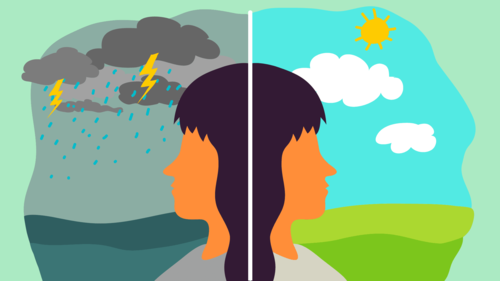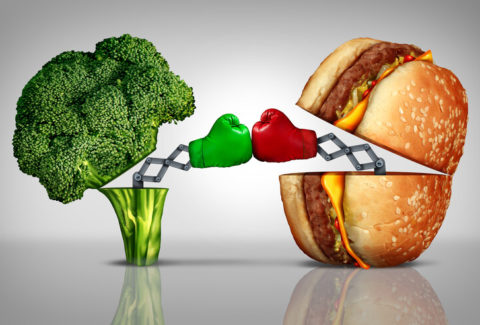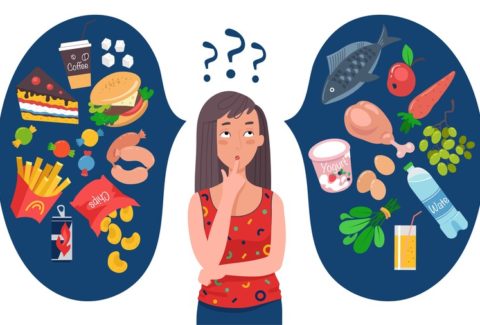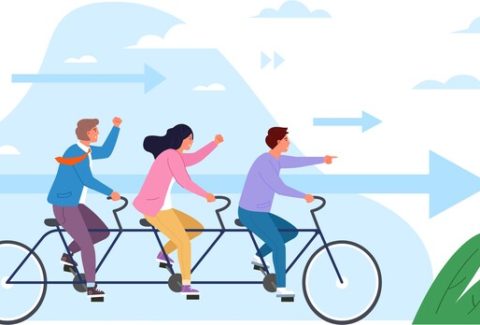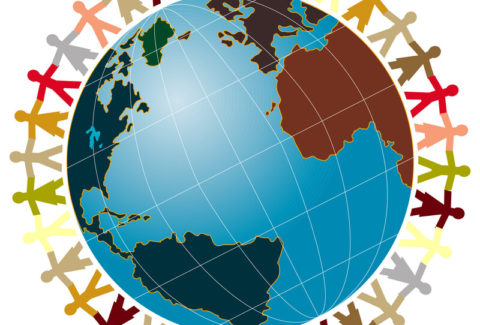Dichotomy-free
We tend to see the world in terms of dichotomies. [1] Good or bad. Right or wrong. Like or dislike. Good or evil. And the list goes on. The first step to knowledge is our ability to name things. [2] We started talking, saying things like, “dada,” “mamma,” “water,” “bottle,” “milk.” Naming proves that we are conscious. It gives the comfort that we think we have control over things, and it makes us feel “safe.” This step of naming is then followed by our ability to define things, which in turn, is followed by our ability to categorize, sort out, classify, or further label. [3] Little did we know that this third step of knowledge often becomes the basis for many of us to display a faulty and distorted way of seeing the world, ourselves and others. This faulty and distorted way is known as, dichotomy.
Dichotomy entails sorting things out into their perceived opposites, seeing things through the lens of “all or nothing,” of “black and white,” or of “either here or not here,” without ever stopping to think of a grey area. While this has been a way of living for most of us, it has also been a handicap for us to really live life fully. Operating from a world of dichotomies leads to pain, misery, and suffering. Individuals who are at the level of Dichotomy-Free tend to live with satisfaction because they are not judging, and they are not judging because they no longer see the world as either black or white. These individuals have not only reached the preceding degree of consciousness, Open-mindedness, but also feel empowered to continue to grow, while also feeling satisfied with life, things, and people, the way they are, at any present time. These individuals are also satisfied with themselves, exactly the way they are, as they continue to grow and expand. For anyone to reach this degree of consciousness, it requires them to have given up the old and common way of seeing the world. It requires them to have become dichotomy-free, which also bears the name of this degree of consciousness. Individuals at this degree, therefore, enable themselves, but also enable life to take its course, without judging it. They are able to do that because they are not seeing things as “either/or.”
As a result, individuals at this degree of understanding go through life trusting themselves, others, and life, which leads them to go through life through the process of freedom and emancipation. For they are no longer rigid. Rather, they are flexible, fully understanding that the world is too complex, too multidimensional, and too multifactorial to be reducing it to just a pair of opposites. Because of such a level of flexibility, individuals at this degree no longer have that level of vulnerability that individuals at the degree of Defense-drivenness would be subject to. For they are too malleable, adaptable, and amenable for anyone, or anything, to control or break them. As they are no longer caught in dichotomies, wasteful meanings, or useless oppositions, these individuals are able to use their energy to address real-life challenges instead of continuously making a big deal out of something insignificant, or being mad at life. As such, and even when addressing challenges, these individuals are consistently unmarried to results. “If I miss this train, then I’ll hop into the next one;” “If my partner breaks up with me, then I’ll find another one;” “If I don’t get this job, then I’ll have another one.” They are judgment-free and dichotomy-free.
Anyone who has yet to reach this degree of consciousness may think this is a scary place to be. On the contrary, individuals living at this degree of consciousness, have a level of confidence, sense of safety, and sense of wellness. They also display a sense of comfort, wellbeing, independence, and freedom. Furthermore, because they are not interested in “getting their way,” the concepts of feeling conquered, or defeated, or frustrated, or scared, is foreign to them and absent from their vocabulary. They, therefore, do not feel intimated by anything or anyone; they do not feel the need to prove anything to anyone, and they know that life has its ups and downs, yet always ends up being, and will always be, enough. They don’t hope, or have faith, or believe. Rather, they know that things will always be for their own best interests. They know Nature works, and that this is what Reality is. Lastly, when around people, these individuals feel safe, they are easy to get along with others and are not interested in conflict. They also show little interest in disagreement, rivalry, or competition or in making others wrong, or in making them feel guilty. They, therefore, show a consistent control of their emotions; they never try to control others; and when dealing with others, they tend to practice what is known as non-interference.
[1] Berlin, Sharon B. “Dichotomous and Complex Thinking.” Social Service Review, vol. 64, no. 1, 1990, pp. 46–59. JSTOR, www.jstor.org/stable/30012066. Accessed 3 July 2021.
[2] CogniFit. “Naming.” Naming- Cognitive Skill, 3 Jan. 2017, www.cognifit.com/science/cognitive-skills/naming.
[3] Alessandroni, Nicolás. “The Development of Categorisation and Conceptual Thinking in Early Childhood: Methods and Limitations.” Psicologia: Reflexão e Crítica, Springer Nature, 22 July 2020, prc.springeropen.com/articles/10.1186/s41155-020-00154-9#citeas.

